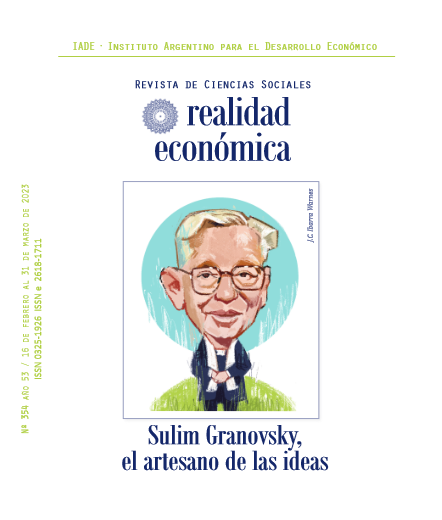Income transfers to households with children and adolescents in Argentina during covid-19
Keywords:
ARGENTINA, Social protection, Income transfer, COVID-19, Child welfareAbstract
This article discusses the weaknesses and strengths of the Argentine income protection system for households with children in the context of the first year of the COVID-19 crisis. In line with the objective, the essay describes the pre-existing system of family allowances - in particular the Universal Child Allowance (AUH) - and the new income transfer programs that came into force during the pandemic, such as the ALIMENTAR and the Emergency Family Income (IFE). An empirical study is then carried out on the impacts of the crisis on households with children and the degree to which (non-contributory) income transfers compensated for the loss of income from employment and had effect in moderating the increase in poverty and extreme poverty. The results show a greater effect of transfers on extreme poverty than on poverty, especially in households without formal labor insertion with children up to 6 years of age, who were able to accumulate the benefits of AUH, ALIMENTAR and IFE. At the same time, households without children, which are less affected by poverty and extreme poverty, seem to have benefited relatively more from the IFE.
Downloads
Published
Issue
Section
License
La responsabilidad de los artículos firmados recae de manera exclusiva sobre sus autores y su contenido no refleja, necesariamente, el criterio de la dirección ni de la entidad editora.
Los artículos pueden ser libremente reproducidos con sólo acreditar a Realidad Económica como fuente de origen, salvo indicación en contrario.






